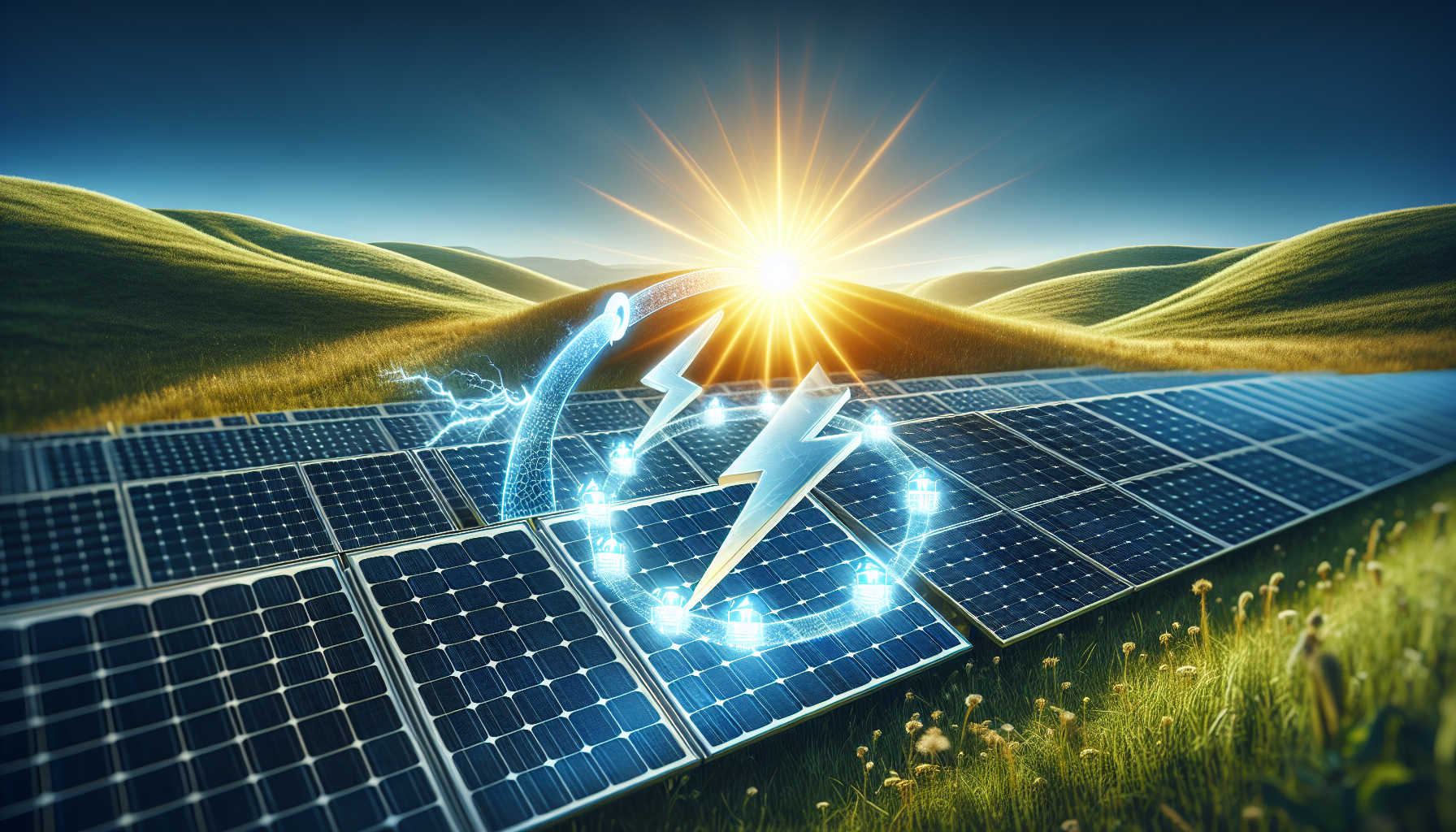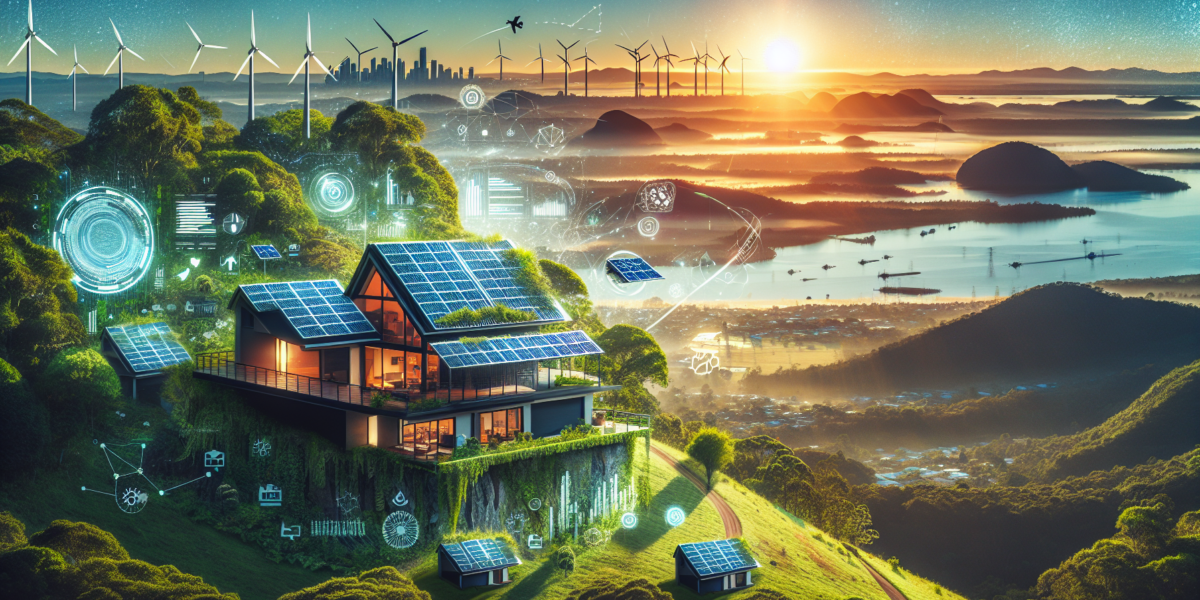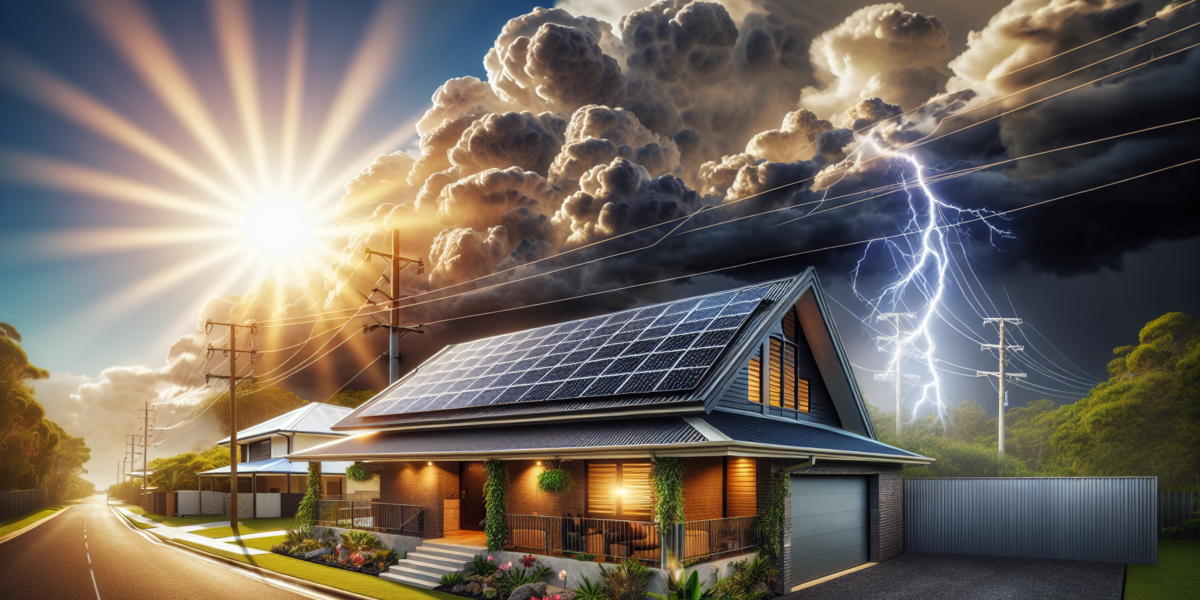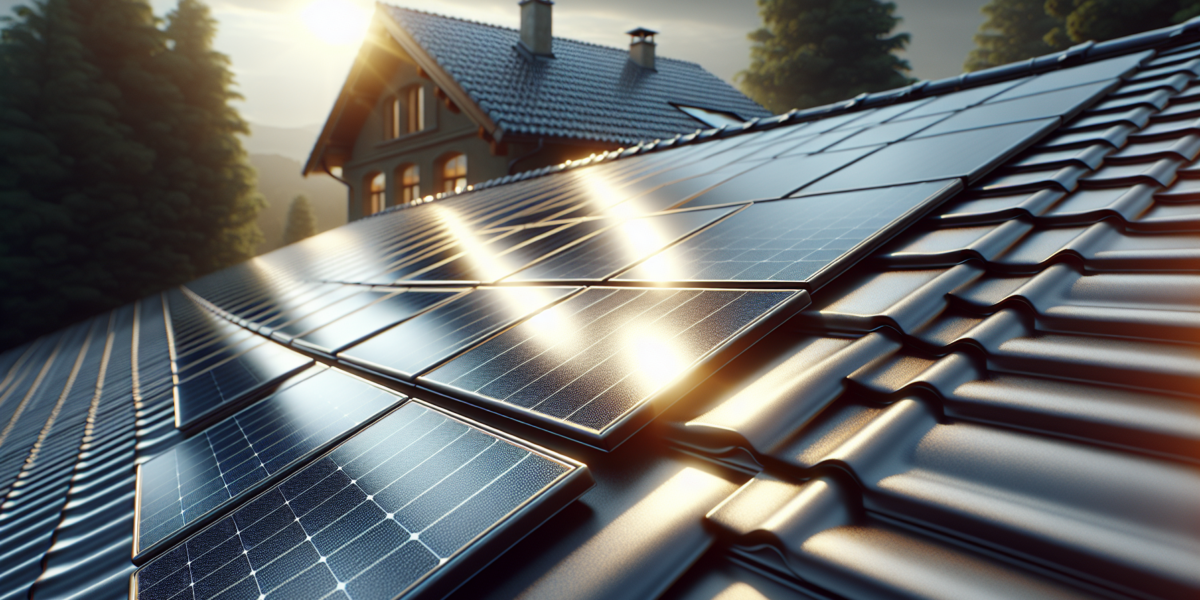In today’s world, where sustainability and renewable energy sources are becoming increasingly important, solar power stands out as a frontrunner in the race towards a greener future. Solar power offers a clean, renewable, and efficient alternative to traditional fossil fuels, making it a popular choice for environmentally conscious individuals and businesses alike. In this comprehensive guide, we will delve into the efficiency of solar power, exploring how it works, its benefits, and its potential for revolutionizing the way we power our world.
How Solar Power Works
Solar power harnesses the energy of the sun to generate electricity through the use of photovoltaic (PV) cells. These cells are typically made from silicon, a semiconductor material that converts sunlight into electricity through the photovoltaic effect. When sunlight hits the PV cells, it excites the electrons in the silicon, creating an electric current that can be captured and converted into usable electricity. This process is clean, silent, and produces no harmful emissions, making solar power an environmentally friendly alternative to traditional energy sources.
The Efficiency of Solar Panels
One of the key factors in determining the efficiency of solar power is the efficiency of the solar panels themselves. Solar panel efficiency refers to the amount of sunlight that is converted into electricity, with higher efficiency panels producing more electricity from the same amount of sunlight. Advances in solar panel technology have led to significant improvements in efficiency in recent years, with some panels now achieving efficiencies of over 20%. Higher efficiency panels not only generate more electricity but also require fewer panels to produce the same amount of power, making them a cost-effective choice for solar installations.
Factors Affecting Solar Power Efficiency
Several factors can impact the efficiency of solar power systems, including:
- Sunlight Intensity: The intensity of sunlight can vary depending on factors such as time of day, season, and weather conditions…
- Temperature: Solar panels can become less efficient at higher temperatures, as the heat can reduce the performance of the PV cells…
- Angle and Orientation: The angle and orientation of solar panels can also impact their efficiency…
Benefits of Solar Power Efficiency
The efficiency of solar power offers a range of benefits, including:
- Cost Savings: Higher efficiency solar panels can generate more electricity, reducing the overall cost of energy bills…
- Environmental Impact: Solar power is a clean, renewable energy source that produces no greenhouse gas emissions or air pollutants…
- Energy Independence: By generating their own electricity, solar power users can reduce their reliance on the grid and fossil fuels…
- Longevity: Solar panels are durable and require minimal maintenance…
The Future of Solar Power Efficiency
As technology continues to advance, the efficiency of solar power is expected to improve even further. Innovations such as bifacial solar panels, solar tracking systems, and perovskite solar cells show promise in increasing efficiency and reducing costs…
In conclusion, the efficiency of solar power plays a crucial role in its success as a clean, renewable energy source. By harnessing the power of the sun to generate electricity, solar power offers a range of benefits, from cost savings to environmental impact, making it an attractive option for those looking to reduce their carbon footprint and embrace a sustainable lifestyle. As technology continues to improve and costs continue to decline, the future of solar power efficiency looks bright, paving the way towards a cleaner, greener future for all.




